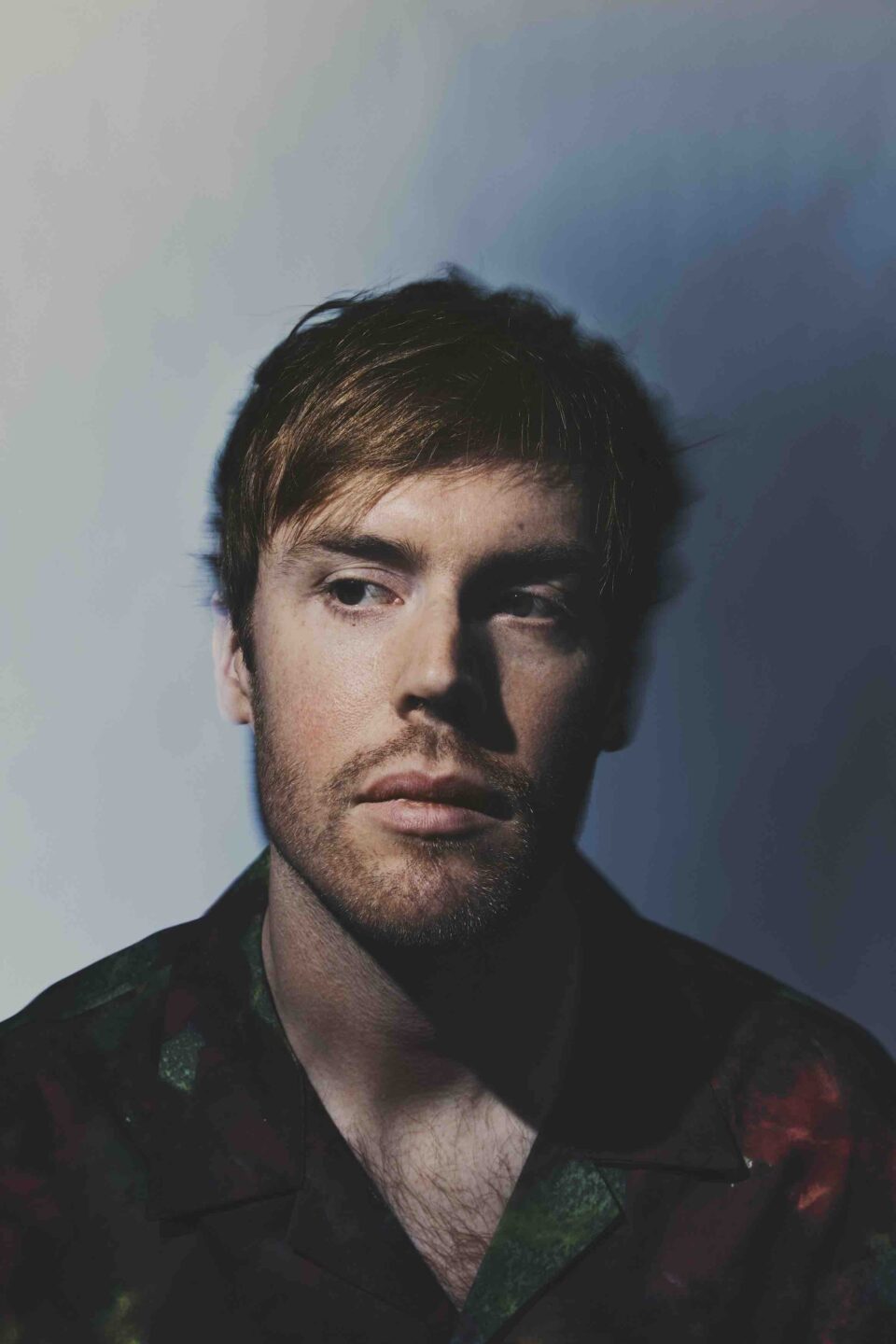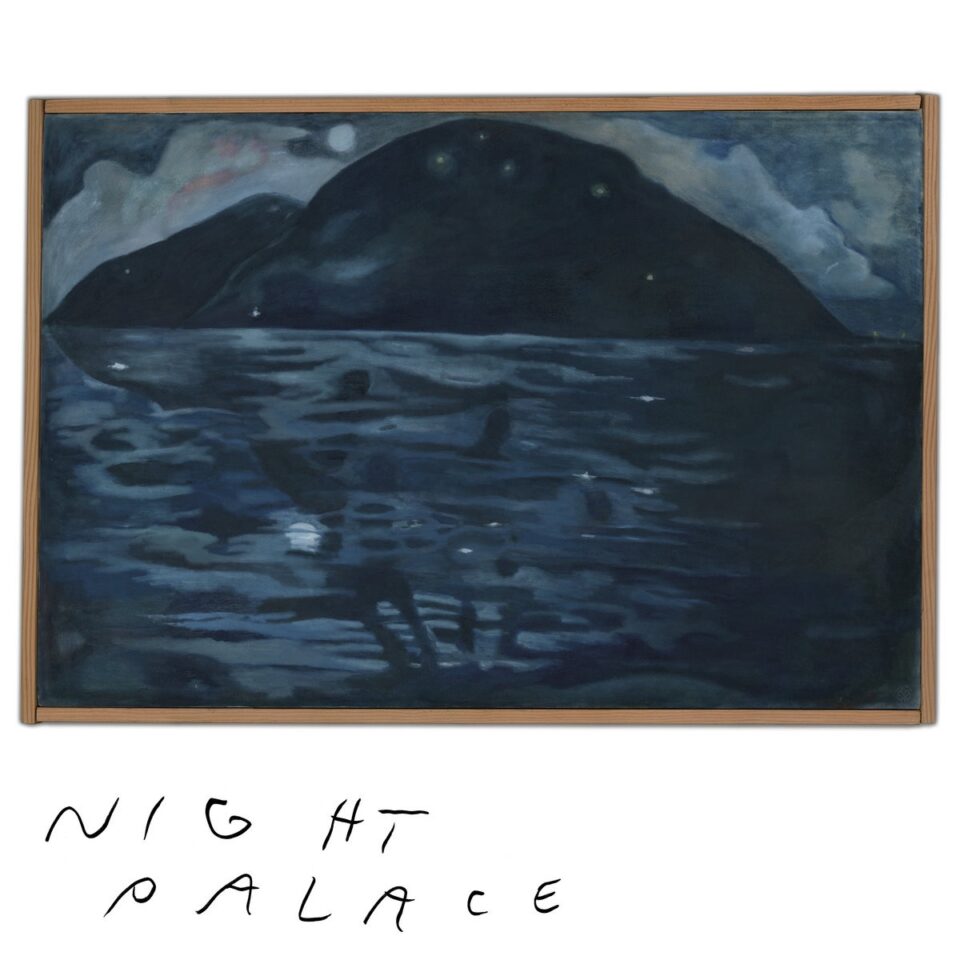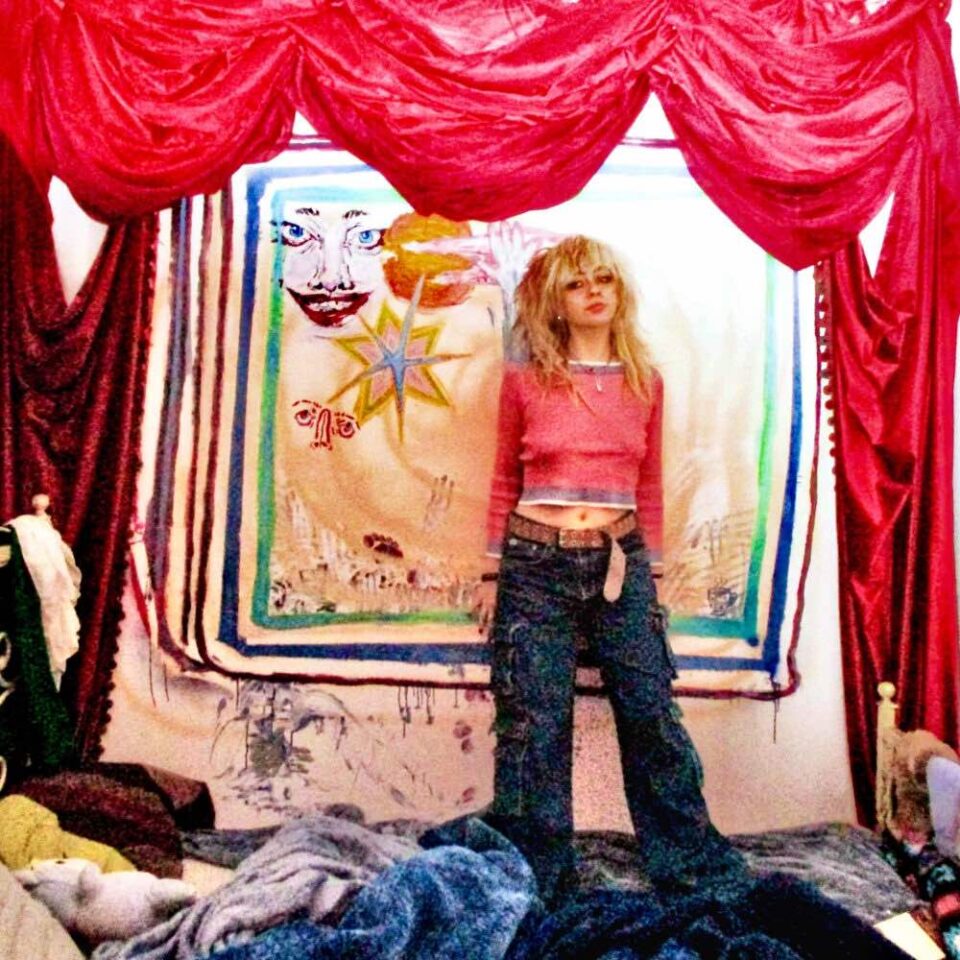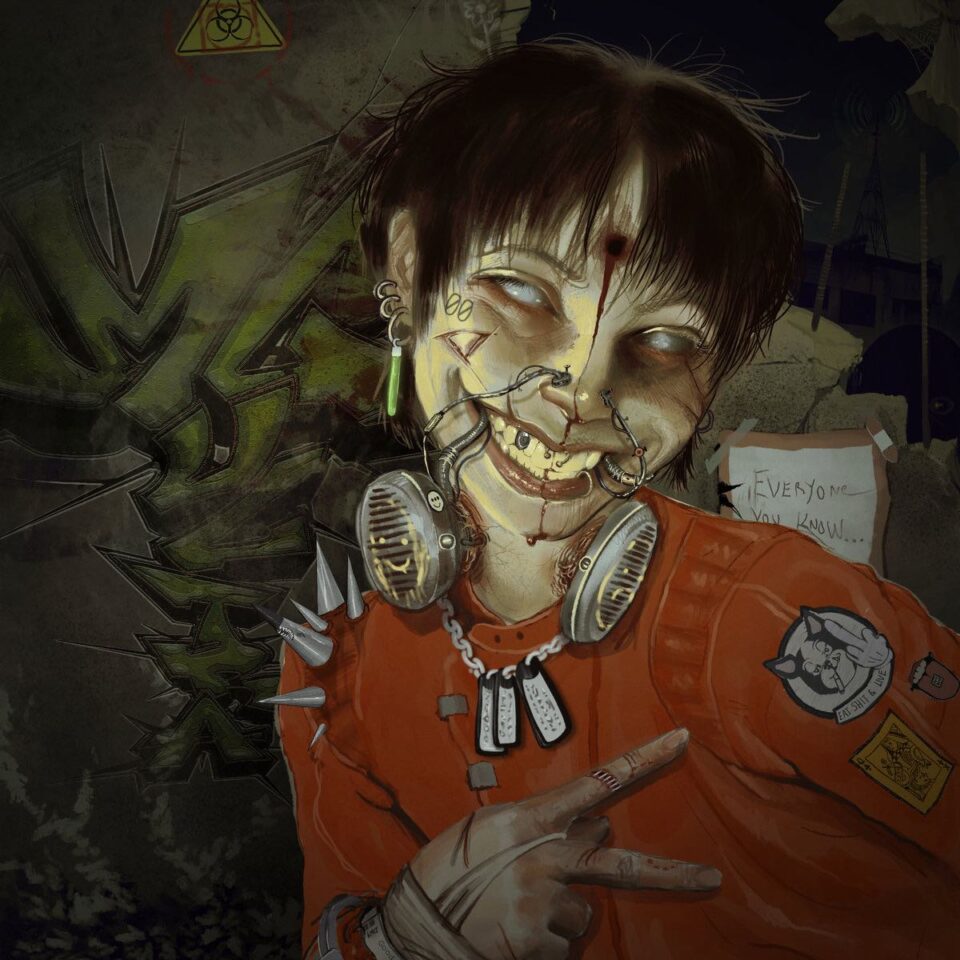Jack Tatum is not one thing. As the creative force behind the indie-pop project Wild Nothing for over a decade now, Tatum’s experiences have run the gamut. He’s been the up-start with a chip on his shoulder, the critically acclaimed dream-pop auteur, the old-hand passing on knowledge to the next generation. His newest record Hold marks his fifth full-length release and contains all of that experience and more, blending big pop with understated indie to fascinating results.
In our conversation, Tatum talks a lot about his past, his present, and his future, and how that all plays a part on his new album. It’s all there, on full display: his reverence for his previous records, his identity as both producer and songwriter, his love of collaboration, his desire to free himself of expectation. By now, Tatum knows well what makes a Wild Nothing record work best, but it’s his willingness to stretch the edges of his own comfort zone that makes Hold an exciting new chapter in his career.
In our conversation we discuss, among other thing, finding confidence as a pop songwriter while working with Japanese Breakfast, how becoming a father played into the new record, and how Hold was influenced by the likes of Charli XCX and Caroline Polachek.
You produced a lot of this record yourself this time around. What went into that decision?
For me, production has kind of always gone hand-in-hand with songwriting. I was working on stuff at home for such a long time that when I eventually got to the point where I would normally have brought in a producer or co-producer, it already felt so far along. I decided to follow through, and it became exciting in the sense that I kind of created this challenge for myself. I’d produced my first record myself, but that was more foolish confidence. I was such a total amateur that I didn’t even really consider any other way to do it. I think it took a number of years to regain the confidence to realize I could just do this myself if I wanted to.
I was going to ask you about that first record and how Hold might compare to that experience, given all that you’ve learned in the interim.
It’s similar purely in practice, but in reality they’re completely different-sounding records made by two completely different people. There’s such a magic in being a novice that’s only available to you for a certain part of your life—you’ll only be a beginner once. When I listen back to my earlier records, I see myself not really knowing what I was doing, and just kind of having happy accident after happy accident. I think that happens so much less as you get older and you learn more about your craft. Things become more purposeful and precise. Which isn’t a negative, it’s just a completely different way of approaching songwriting.
“Being outside of anyone else’s input created a cathartic space for me to be able to escape other stressors in my life and work on music when able.”
Obviously this was affected a bit by COVID, but are you someone who usually has a good amount of give and take with outside voices during your writing process?
It’s definitely not abnormal for me to have a long gestation period where it’s just me working on things. But there was this limitation where traveling was out of the question. I could’ve maybe sent things back and forth with people, but I was also navigating being a new parent at the time. My son was born right as the pandemic started, so I was constantly stealing any free moments I had to work on music, because everything else in my life was so chaotic. Being outside of anyone else’s input created a cathartic space for me to be able to escape other stressors in my life and work on music when able.
I did eventually work with other people. I don’t want to create this false narrative that nobody else touched this record, because it’s not true. I did eventually go to a studio in Richmond and work with an engineer, and I think the mixing, which was done by Geoff Swan in England, can be an underrated part of the process.

“I don’t think my music necessarily fits the narrative of modern pop to a T, but I think there are certain elements that make sense within the context of 2023.”
I’m glad you brought up Geoff Swan. I know he’s worked with a lot of big pop artists, was that something that drew you to him?
I had this realization at some point during the process that most of the newer music I’ve been listening to is sort of in that arena. My biggest influences are always coming from the past—not because I’m snobby about new music or anything, but it’s definitely my comfort zone. Some of the most exciting people I’ve heard making new music are Caroline Polachek and Charli XCX, so that’s how I got turned on to Geoff. I’ve always talked about how I don’t think my music necessarily fits the narrative of modern pop to a T, but I think there are certain elements that make sense within the context of 2023. If I’m going to be writing this record that has these massive songs that have space to grow, he seemed like the perfect fit.
How much do you engage with your past work as you’re working on a new project?
In the past I was probably a little bit more aware of trying to follow this self-imposed trajectory or something. I think I really swung in a different direction on my third record, Life of Pause, where I very much wanted to do something different. I’m very proud of that record, but at the time it got a lot of mixed reviews and fans seem to have mixed feelings about it. I came to the realization that you’re mildly beholden to the people who listen to your music. It shouldn’t determine what you do, exactly, but it’s impossible not to think about it a little bit. With this record, though, I mostly wasn’t. There’s songs like “Dial Tone” that feel like a comfortable place for me, like something I would’ve done in the past, but then there’s something like “Pulling Down the Moon” which feels very grown-up to me, something I wouldn’t have written when I was 21.
There’s also a lot of gallows humor running throughout Hold, specifically on songs like “El Dorado” and “Suburban Solutions” where the themes don’t necessarily match the music. Is that juxtaposition something you think about while you’re writing?
Yeah, for sure. There’s something about it that’s so affecting: a sad song with happy lyrics, or vice versa. I think what I like about it is that no one’s really any one thing, and I think we hold people to certain standards that don’t really make sense. You might be into an artist who creates very solemn work and then you watch an interview with them and they’re super funny, and that can be weirdly jarring because you don’t expect them to have that side.
I think that can also have the effect of letting things sink in slowly, where a listener might not get through the song’s exterior after only a few listens.
Yeah, you can always trust that there’s going to be people who stick around. It’s the same for production. I’ve always favored layered production techniques but I try to keep things balanced. That is, for me, what’s exciting about music. You can be listening to a song you love and suddenly, on the tenth listen, you notice a sonic flourish you hadn’t heard before.
“There’s something about it that’s so affecting: a sad song with happy lyrics, or vice versa. No one’s really any one thing, and I think we hold people to certain standards that don’t really make sense.”
In the gap between this record and your last, you’ve worked with artists like Japanese Breakfast. Can you tell me a little bit about these experiences and how they may have affected Hold?
Prior to my last record, I hadn’t really written with other people, so that was all new to me. I recently signed a publishing deal and was starting to get interested in the idea of writing for other people and more working on the commercial side of music. I haven’t really done much of that, but one of the few things I did was a writing session with Michelle Zauner. Up to that point, all of the sessions I’d done were mostly shit, to be honest, and kind of just two people who didn’t have a whole lot in common being forced to write together, which doesn’t really work.
But with Michelle it was immediately evident that we had similar sensibilities. We just started writing and very quickly we had a full structure for the song “Be Sweet,” and it was really fun to have a song come together so quickly like that. And then for that song to go on to be really successful for her has been amazing. I think we both had some doubts about that song, too, because it was such a pop song, and felt a little foreign to her. But I think watching her have the confidence to go through with that and it doing so well really gave me confidence as well. FL









